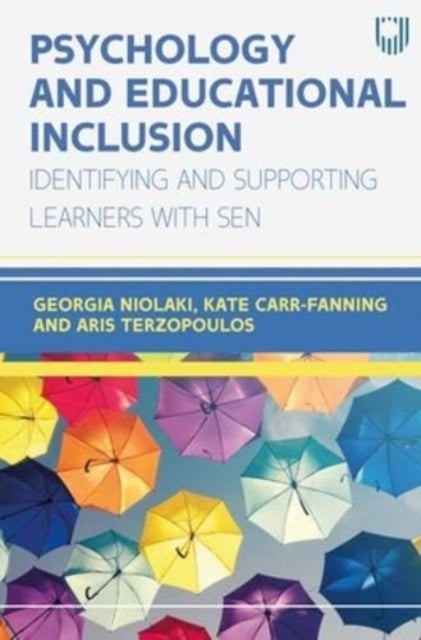
Psychology and Educational Inclusion: Identifying and Supporting Learners with SEN av Georgia Niolaki, Aris Terzopoulos, Kate Carr-Fanning
399,-
This book offers a holistic approach to special educational needs and inclusive practice. Psychology and special education have an important role within the inclusive process, but it must be understood and used effectively and in ways that do not contribute to exclusion. The book draws on psychological and educational theories, research and practice in order to increase students'' and practitioners'' awareness of issues related to identifying, assessing and supporting children with Special Educational Needs and Difficulties (SENDs) within an educational settings.<br><br>It includes chapters that explore different methods and approaches along the special and inclusive education continuum, drawing on theory and research from psychology. Psychology can make a significant and substantial continuation to the inclusion agenda; its current dominance can be problematic when adopted and used uncritically and ineffectively, which can lead to exclusionary practices. Special Education (and deficit








